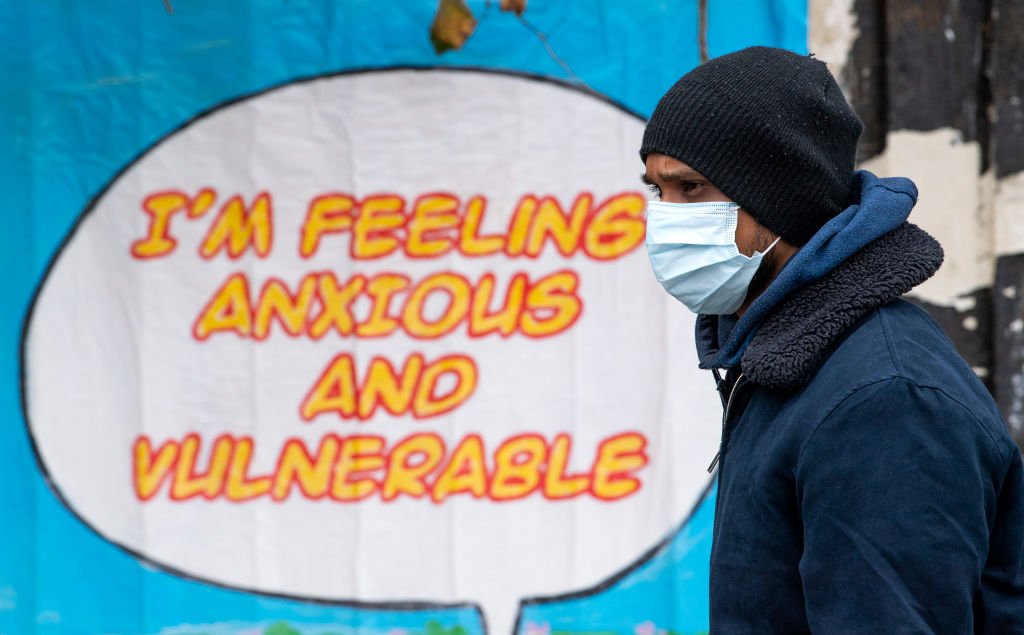
By: RadhakrishnaNS
PEOPLE from black, Asian and minority ethnic communities face a “double whammy” of higher health and financial risks due to the pandemic than the general population, a UK think-thank has cautioned.
Research by the Institute for Public Policy Research (IPPR) said people from BAME groups were more than twice as likely to have lost their jobs, and twice as likely to be under strain to meet their usual expenses over the next three months.
The study also noted that BAME people were 50 per cent more likely to be renters, and faced a higher threat of eviction due to mounting rent arrears.
The warnings came as government data on Sunday showed that one-third Covid-19 patients admitted to intensive care units in Britain were from BAME communities.
The IPPR carried out the research as part of a larger study on “the growth of indebtedness and problem debt across the UK”, and analysed data from surveys conducted before the outbreak and after its first peak, according to a Guardian report.
People from BAME backgrounds reported financial difficulties even before the pandemic, with 12 to 18 per cent found “struggling”, compared with the general average of 7 per cent.
Black communities, the analysis highlighted, had higher incidence of debt levels when compared with their income — about 18 per cent of their annual gross income, while the general rate was estimated to be 12 per cent.
At least 13 per cent of people from minority ethnic backgrounds were out of work as the pandemic raged in June, compared with 5 per cent in general, it added.
“Without further intervention, we are on course for a new debt crisis from which black, Asian and other minority ethnic people are particularly at risk,” said IPPR economist Shreya Nanda, who worked on the research.
“Many in these communities are likely to experience financial difficulty in the months ahead, and to be vulnerable to eviction as a result of rent arrears.
“Such economic insecurity risks compounding the already disproportionate health impacts borne by people with minority ethnic backgrounds during this crisis – effectively a ‘double whammy’.”
Anna Round, who is also working on the project, stressed it was “crucial to understand how vulnerable different groups are to the growing risk of debt as a result of the coronavirus crisis”.
“We are now undertaking further research that will enable policymakers to gauge what kind of interventions would best protect these groups, as well as others most vulnerable to the economic effects of the crisis,” she added.
“Action will be needed to prevent minority ethnic communities in particular from falling into a damaging spiral of financial insecurity and problem debt.”
